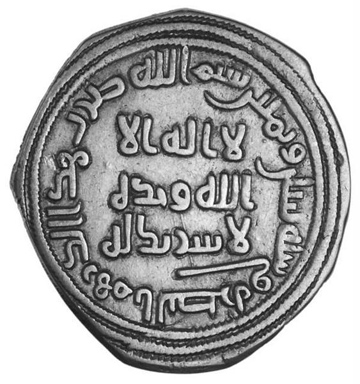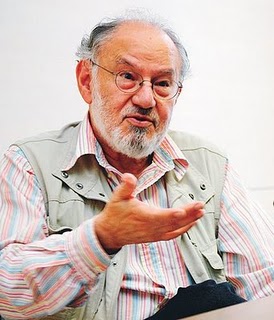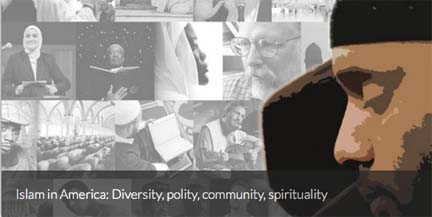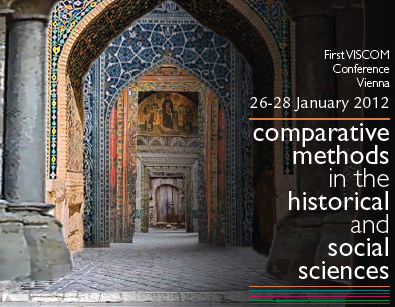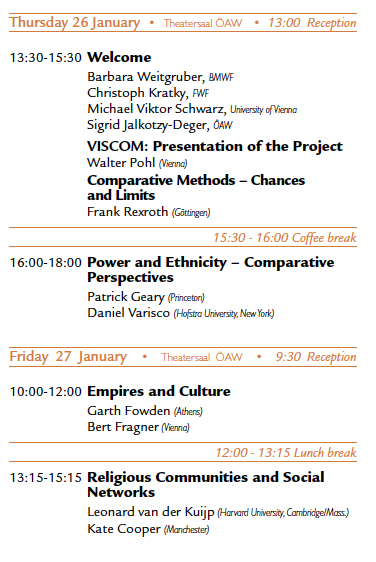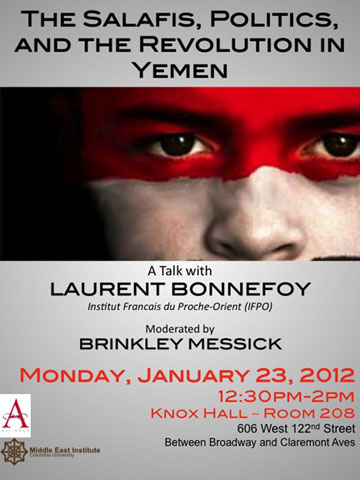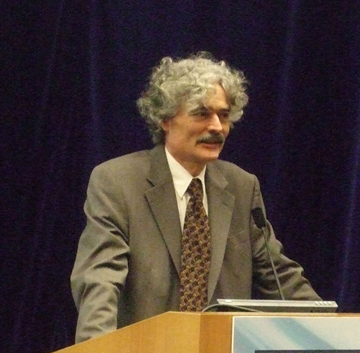
The Middle East and Middle Eastern American Center (MEMEAC) presents
Anthropology, anthropologies; Islam, islams: Fields in Flux
a talk by Daniel Varisco
Thursday, March 8, 2012 6:30-8:00pm Room 9206,
The Graduate Center, CUNY
365 Fifth Avenue, at 34th Street
New York, NY 10016
Directions
Can there be an anthropology of Islam when both the discipline of Anthropology and the idea of Islam appear to be suspended in a state of undisciplined flux? This talk places Abdel Hamid El-Zein’s suggestion that anthropologists study “islams†in dialogue with John Comaroff’s recent response to “Is anthropology about to die?†Professor Varisco explores the ways anthropologists have been rethinking the idea of Islam. He also offers suggestions on how anthropologists can contribute to the broader study of Islam as practiced in contemporary cultural and historical contexts.
Daniel Martin Varisco is Professor of Anthropology and Director of Middle Eastern and Central Asian Studies at Hofstra University. His latest book, Reading Orientalism: Said and the Unsaid (2007), is a study of the contested debate over Edward Said’s seminal Orientalism. His Islam Obscured (2005) is a critical assessment of the seminal texts of Clifford Geertz, Ernest Gellner, Fatima Mernissi and Akbar Ahmed on Islam.
Co-sponsored by the Committee for the Study of Religion and the Ph.D. Program in Anthropology
